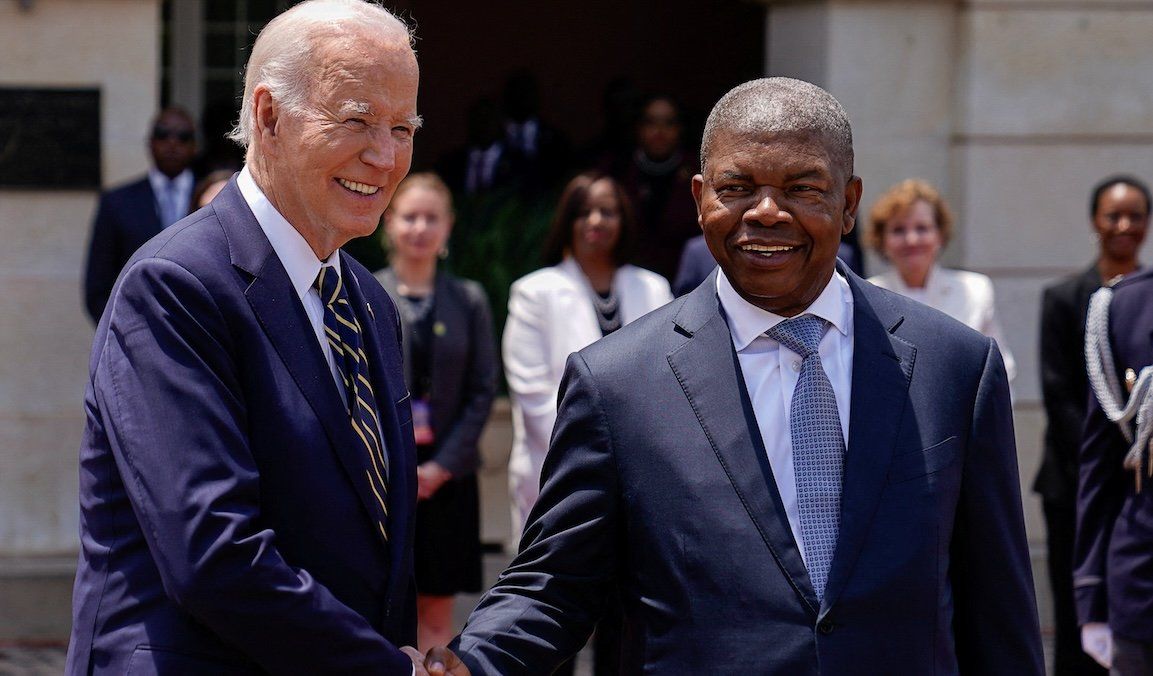There’s also a security angle here. Angola isn’t just oil-rich; it has large reserves of copper and is home to large deposits of critical minerals, like the lithium and cobalt needed to make batteries for electric vehicles. That’s an arena of intense US-China competition.
The main focus for Biden this week is his proposed 835-mile rail line to connect the cobalt, lithium, and copper mines in the Democratic Republic of Congo and the copper-belt region of Zambia with the Angolan port of Lobito on the Atlantic, from which these increasingly precious commodities can be exported to the US and Europe. Construction of the so-called Lobito Corridor is not yet underway.
Angola and many other sub-Saharan African countries have an angle here too. Lourenço knows that competition among China, the US, Russia, Japan, Europe, and others for African resources and infrastructure projects can give African leaders a negotiating leverage they don’t yet have.
Lourenço and Biden can both hope that incoming US President Donald Trump will see the value of these projects as new investment opportunities that score points against China.
